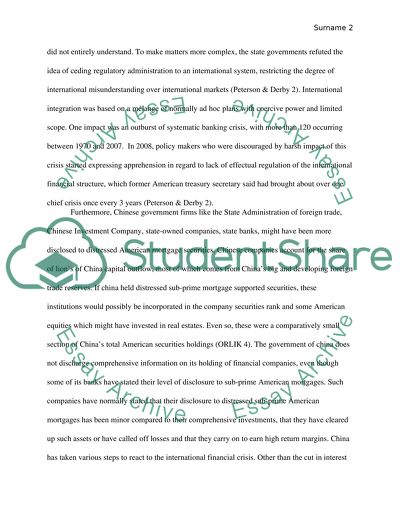Cite this document
(“Current and potential power of the Chinese currency in a global Essay”, n.d.)
Current and potential power of the Chinese currency in a global Essay. Retrieved from https://studentshare.org/finance-accounting/1448344-current-and-potential-power-of-the-chinese-currency-in-a-global-financial-economy
Current and potential power of the Chinese currency in a global Essay. Retrieved from https://studentshare.org/finance-accounting/1448344-current-and-potential-power-of-the-chinese-currency-in-a-global-financial-economy
(Current and Potential Power of the Chinese Currency in a Global Essay)
Current and Potential Power of the Chinese Currency in a Global Essay. https://studentshare.org/finance-accounting/1448344-current-and-potential-power-of-the-chinese-currency-in-a-global-financial-economy.
Current and Potential Power of the Chinese Currency in a Global Essay. https://studentshare.org/finance-accounting/1448344-current-and-potential-power-of-the-chinese-currency-in-a-global-financial-economy.
“Current and Potential Power of the Chinese Currency in a Global Essay”, n.d. https://studentshare.org/finance-accounting/1448344-current-and-potential-power-of-the-chinese-currency-in-a-global-financial-economy.


